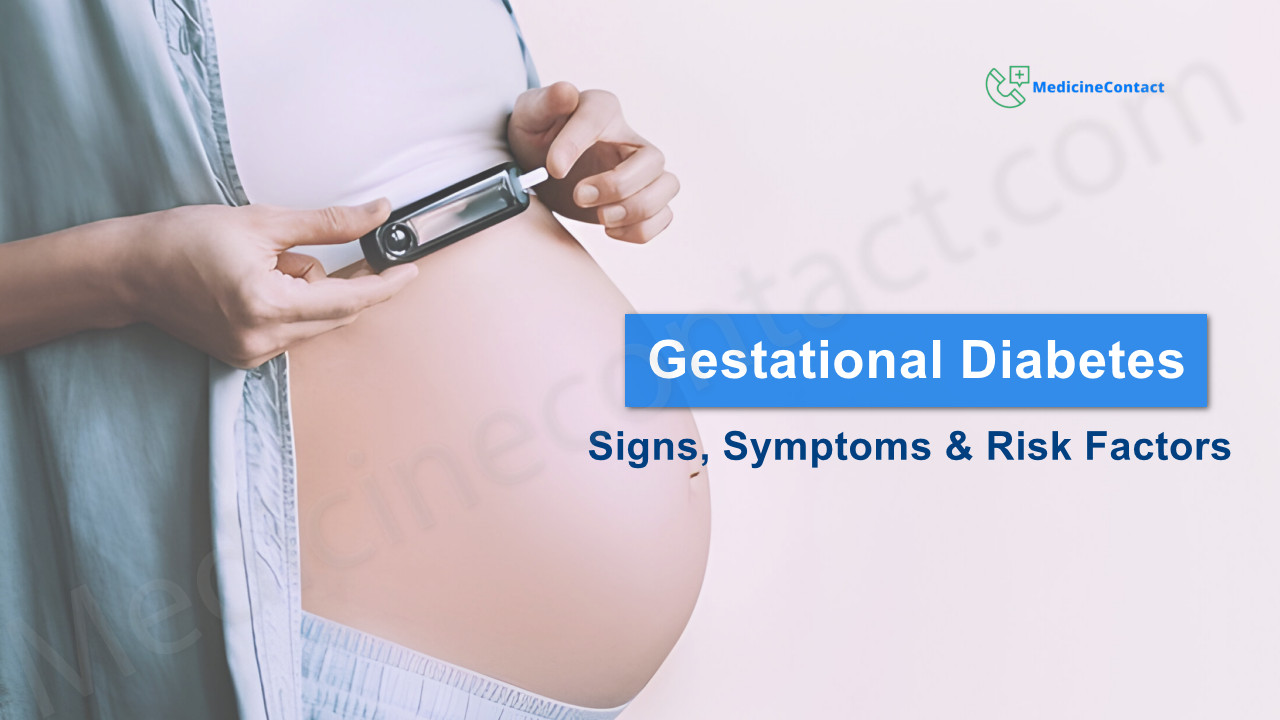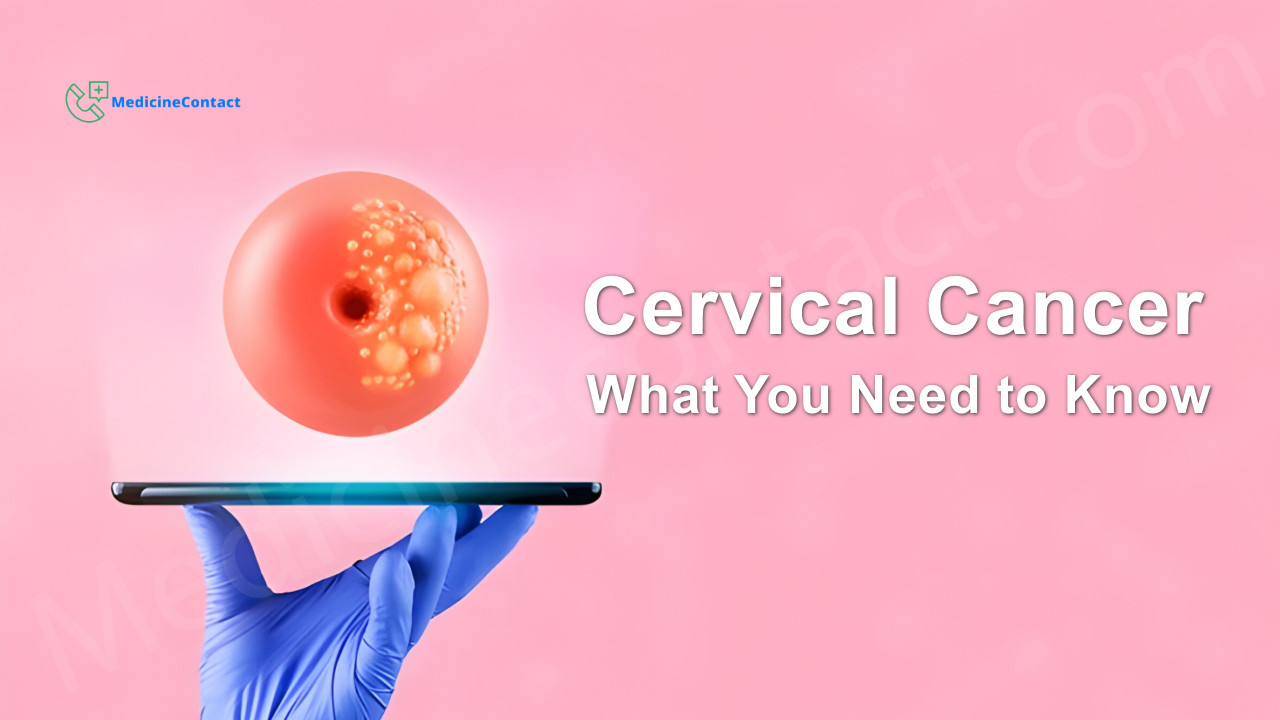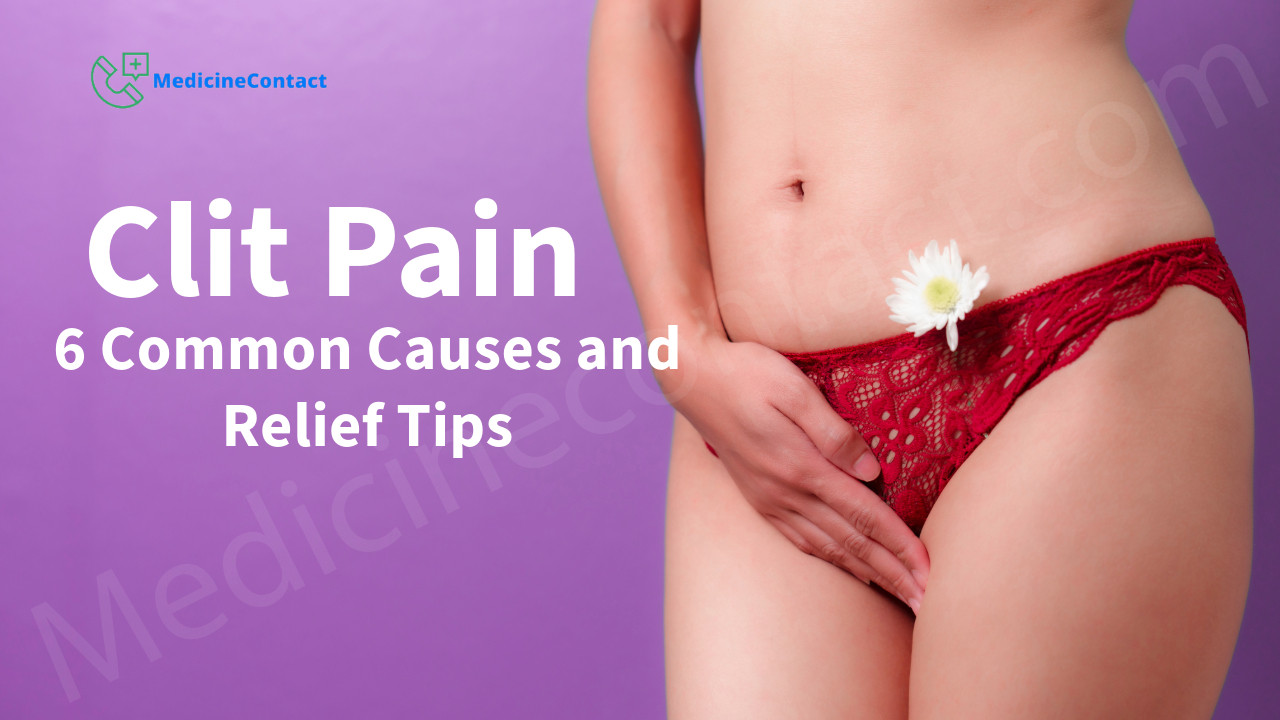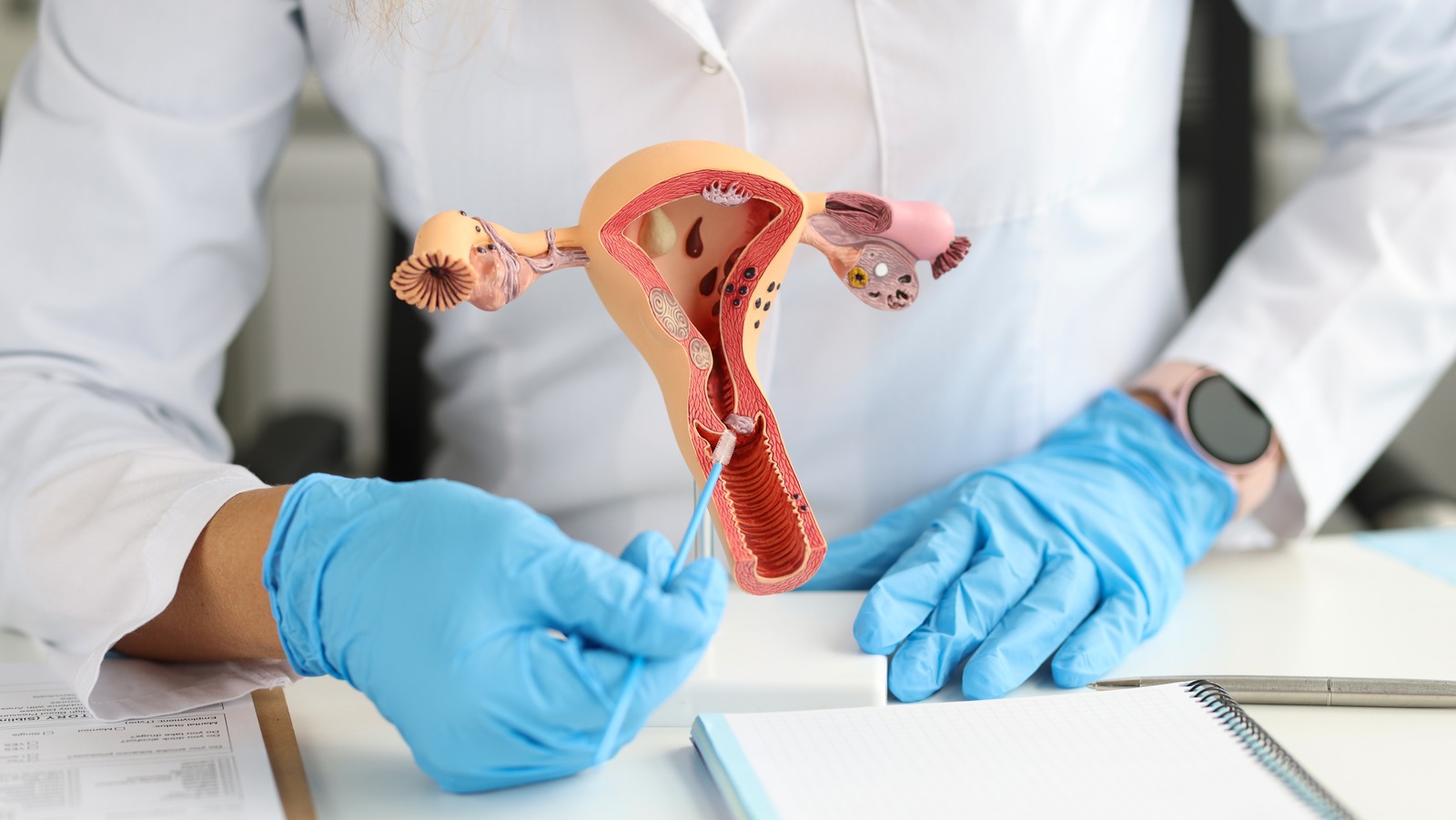
Introduction
Natural disasters such as earthquakes and hurricanes can devastate entire communities, but their impact on women's health is often overlooked. Imagine surviving a storm surge only to face months of irregular menstruation—a reality for many women post-disaster. Understanding the relationship between natural disasters and women's health issues, particularly menstrual irregularities, is crucial for effective disaster response and recovery.
When Hurricane Katrina struck in 2005, it wasn't just the physical landscape that was altered. Women exposed to such traumatic events often experience significant psychological trauma. This stress can wreak havoc on their menstrual cycles, leading to irregularities that persist long after the disaster has passed.
By exploring this connection, we aim to shed light on the unique challenges women face during these critical times. Readers will gain valuable insights into how natural disasters affect women's health and why it is essential for healthcare providers to address these specific needs. Recommendations will be provided for tailoring healthcare services to support both the physical and mental well-being of women in disaster-stricken areas.
This article delves into various aspects of this complex issue, from the psychological toll of natural disasters to hormonal influences on women's health. It includes evidence from recent events, such as the 2023 earthquakes in Turkey, offering a comprehensive look at how disaster contexts exacerbate menstrual irregularities and chronic diseases like PCOS.
An Overview of Natural Disasters: Key Insights
Natural disasters are catastrophic events caused by natural processes of the Earth. These include:
- Earthquakes: Sudden shaking of the ground caused by the movement of tectonic plates.
- Hurricanes: Powerful tropical storms with strong winds and heavy rain.
- Tornadoes: Rapidly rotating columns of air extending from a thunderstorm to the ground.
- Tsunamis: Large sea waves triggered by underwater earthquakes or volcanic eruptions.
- Cyclones: Large scale air masses that rotate around a strong center of low atmospheric pressure.
Notable Examples
These natural disasters can happen often and have a huge impact. For example, Hurricane Katrina in 2005 was a Category 5 hurricane that caused widespread destruction along the Gulf Coast, particularly affecting New Orleans. More recently, Hurricane Ian, another Category 4 hurricane, wreaked havoc in 2022, underscoring the destructive potential of these storms.
Understanding these events is crucial for developing effective response and recovery strategies. In particular, focusing on how they affect vulnerable populations, such as women, can lead to more targeted and effective healthcare interventions.
The Psychological Impact of Natural Disasters: A Hidden Toll on Women's Health
Natural disasters like hurricanes and earthquakes often cause more than just physical damage; they also bring about significant psychological trauma. This trauma affects women more than men, leading to various mental health challenges.
How Trauma Affects Women's Mental Health
Events such as Hurricane Sandy or the 2023 Turkey earthquakes can lead to serious mental health problems for women. The stress and anxiety from losing homes, jobs, and loved ones add to an already heavy emotional load. Women often have extra caregiving duties during these times, making their stress even worse.
PTSD in Women After Traumatic Events
Post-Traumatic Stress Disorder (PTSD) is a common result of natural disasters. Research shows that women are more likely than men to develop PTSD after events like Hurricane Irma or major earthquakes. Symptoms include:
- Unwanted memories
- Bad dreams
- Intense anxiety
- Feeling emotionally detached
The high rate of PTSD among women highlights the need for specific mental health support in disaster situations.
Long-Term Health Issues from Trauma Exposure
Besides immediate mental health effects, long-term health problems can also arise from ongoing stress caused by disasters. Conditions like high blood pressure, diabetes, and heart diseases have been linked to stressful environments. These chronic illnesses make women's overall health worse, showing the importance of a complete approach to women's health during disaster recovery efforts.
Understanding how natural disasters affect women's mental health is essential for creating effective and gender-sensitive disaster response plans.
How Stress Hormones Affect Women's Health After Disasters
Natural disasters like earthquakes and hurricanes can have a big impact on women's reproductive health. When we're stressed, our bodies release stress hormones like cortisol, which can mess with our menstrual cycle. High levels of cortisol throw off the balance of important hormones like estrogen and progesterone, leading to irregular periods.
How Disasters Affect Women's Menstrual Cycles
During traumatic events such as earthquakes or powerful storms, the constant high levels of cortisol can lead to various menstrual cycle problems. These issues might include:
- Delayed periods
- Heavier or lighter bleeding
- Missed cycles
Women who have experienced disasters like Hurricane Harvey and other major events often notice significant changes in their menstrual patterns.
The Connection Between Trauma and Reproductive Health
The link between psychological trauma and reproductive health is complicated but undeniable. When stress hormones spike in response to life-threatening situations, they take a hidden toll on women's health. This highlights the importance of having comprehensive healthcare strategies in place during disasters.
Key Points to Remember
- Cortisol: A stress hormone that affects hormonal balance.
- Estrogen & Progesterone: Important hormones involved in regulating the menstrual cycle.
- Disasters: Events like earthquakes and hurricanes make hormonal imbalances worse.
Understanding these factors is crucial for healthcare providers when addressing the specific needs of women after a disaster. Customized interventions are necessary to reduce these negative effects and promote overall well-being during recovery efforts.
Menstrual Irregularities in Disaster Contexts: Understanding the Connection with Stress
Natural disasters such as hurricanes, tornadoes, and floods have a profound impact on women's health, particularly in the realm of menstrual cycles. Stress, a common aftermath of these events, plays a significant role in causing irregular menstruation among women during recovery phases.
How Stress Affects the Menstrual Cycle
- Cortisol Release: During traumatic events like major hurricanes or devastating floods, the body releases cortisol, a stress hormone. Elevated levels of cortisol can disrupt the hypothalamic-pituitary-ovarian (HPO) axis, which is crucial for regulating the menstrual cycle.
- Altered Hormonal Balance: Persistent stress from living in tornado-prone areas or surviving typhoons and hurricanes can lead to an imbalance in reproductive hormones such as estrogen and progesterone. This imbalance often manifests as irregular periods or even amenorrhea (absence of menstruation).
Real-World Examples
- Earthquakes and Tornadoes: Women exposed to earthquakes in Turkey or tornadoes in the Midwest have reported significant changes in their menstrual patterns post-disaster. These changes include longer cycles, heavier bleeding, and increased premenstrual symptoms.
- Post-Disaster Recovery: The stress of rebuilding lives and homes after natural disasters exacerbates menstrual irregularities. Coping with loss, lack of access to healthcare, and ongoing fear contribute to sustained stress levels.
Understanding this connection between stress from natural disasters and menstrual health is essential for developing effective interventions. Tailoring healthcare services to address both physical and mental aspects can significantly improve women's well-being during recovery phases.
Case Study: Earthquakes in Turkey (2023) and Their Impact on Women's Menstrual Health
A recent study on menstrual cycles after earthquakes in Turkey revealed significant insights into the relationship between natural disasters and women's health. Following the devastating earthquakes in Turkey in 2023, researchers observed a notable increase in the percentage of women experiencing irregular menstrual cycles.
Key Findings
- Studies documented that irregular menstruation affected a larger proportion of women post-earthquake compared to pre-disaster conditions.
- Women reported changes such as:
- Delayed or skipped periods
- More painful menstruation
- Increased cycle length variability
- Additionally, research indicates that such menstrual irregularities can be linked to various environmental and psychological stressors.
Psychological and Physical Stressors
The Earthquake's impact on mental health, combined with physical stressors like displacement and inadequate healthcare access, contributed to these menstrual irregularities. Stress hormones played a crucial role, disrupting normal hormonal balance and affecting reproductive health.
Implications for Healthcare Providers
Healthcare professionals must recognize these patterns to provide appropriate support. Tailored interventions addressing both psychological and physical aspects are essential for effective care and recovery for women affected by such traumatic events.
This case study underscores the importance of integrating gender-sensitive approaches into disaster response plans, ensuring that women's specific health needs are not overlooked during recovery efforts.
Chronic Diseases as Risk Factors for Menstrual Irregularities in Disaster Contexts
Chronic diseases such as polycystic ovary syndrome (PCOS) can significantly worsen menstrual problems faced by women following natural disasters like floods or hurricanes. PCOS is a hormonal disorder common among women of reproductive age, characterized by irregular menstruation, excessive androgen levels, and polycystic ovaries. When a natural disaster occurs, the added stress and disruption can worsen these symptoms.
Key Factors:
- Psychological Trauma: Natural disasters often cause severe psychological trauma, increasing stress hormone levels. For women with PCOS, this can mean more menstrual irregularities due to already imbalanced hormones.
- Access to Healthcare: After a disaster, access to medical care is often limited. Women with chronic conditions like PCOS may find it difficult to manage their health effectively, worsening menstrual issues.
- Environmental Stressors: The aftermath of an earthquake or hurricane often brings poor living conditions and increased physical stress. These factors can further disrupt the menstrual cycles of women with pre-existing conditions.
In situations where healthcare systems are overwhelmed by natural disasters, understanding the compounded impact on women's health—particularly those with chronic diseases—becomes essential. Tailored interventions that address both the physical and mental needs of women during recovery phases are crucial for mitigating long-term health impacts.
By recognizing these risk factors, healthcare providers and policymakers can better support women's health in disaster contexts.
How to Support Women's Health After Natural Disasters
After a natural disaster, it's important to have effective strategies in place to address the specific health needs of women. This is crucial for a complete recovery. Customized healthcare services that take into account both the physical and mental well-being of women are essential in these efforts.
Here Are Some Important Steps to Take:
- Provide Mental Health Support: Set up counseling services and support groups to help women deal with trauma, anxiety, and PTSD. These resources are especially beneficial for women who already have mental health issues.
- Offer Reproductive Health Services: Make sure women have access to gynecological care, contraceptives, and menstrual products. This can be done through mobile clinics and telehealth options, particularly in remote or heavily affected areas.
- Educate and Raise Awareness: Inform women about how stress can affect their health and provide them with coping strategies. Workshops can also help communities understand the importance of maintaining both mental and physical health during recovery periods.
- Manage Chronic Diseases: Ensure that women with chronic conditions like PCOS, diabetes, or hypertension continue receiving treatment. Interruptions in care can worsen menstrual irregularities and other health problems.
- Promote Nutrition and Physical Activity: Provide nutritional support and encourage physical exercise to improve overall health. Proper nutrition plays a key role in regulating menstrual cycles and supporting mental well-being.
By implementing these tailored interventions, we can ensure that women's unique health needs are addressed during disaster recovery efforts. This will ultimately lead to stronger communities overall.
Conclusion: Recognizing the Urgent Need to Address Women's Health Issues in Disaster Response Planning
Understanding the importance of research on women's health in disasters is crucial. This article has highlighted how natural disasters like earthquakes and hurricanes impact women's mental and physical well-being, leading to issues such as irregular menstruation and chronic diseases worsened by stress.
Key points discussed include:
- The psychological toll of natural disasters on women, leading to conditions like PTSD and chronic diseases.
- The influence of stress hormones on menstrual cycles in disaster contexts.
- Increased menstrual irregularities observed in women post-disasters, exemplified by the 2023 Turkey earthquake.
- Chronic diseases such as PCOS as risk factors for worsening reproductive health during recovery phases.
- The necessity for tailored healthcare services addressing both physical and mental health needs during disaster recovery.
It's essential that policymakers and healthcare practitioners prioritize gender-sensitive approaches when responding to natural calamities. Recognizing the unique challenges faced by women will help ensure comprehensive care and support during disaster recovery efforts.
By focusing on women's health, we can foster resilient communities better equipped to withstand the complex impacts of natural disasters.
FAQs (Frequently Asked Questions)
How do natural disasters impact women's menstrual health?
Natural disasters can lead to increased stress and psychological trauma, which have been shown to disrupt the menstrual cycle. Women may experience irregular menstruation as a result of the hormonal changes induced by stress hormones like cortisol.
What are some common psychological effects of natural disasters on women?
Women exposed to natural disasters often face psychological trauma, including PTSD. These mental health challenges can exacerbate chronic diseases and affect overall well-being, emphasizing the need for targeted support in disaster response efforts.
Can chronic diseases influence menstrual irregularities after a disaster?
Yes, chronic diseases such as polycystic ovary syndrome (PCOS) can worsen menstrual irregularities in women following natural disasters. The added stress from these events can further complicate existing health issues.
What interventions are recommended for addressing women's health post-disaster?
Tailored healthcare services that address both physical and mental health needs are crucial. Interventions should focus on providing comprehensive care that considers the unique challenges faced by women during disaster recovery.
What is the significance of understanding the relationship between natural disasters and women's health?
Understanding this relationship is vital for effective disaster response and recovery. It helps healthcare providers develop gender-sensitive approaches that prioritize the specific needs of women, ultimately improving their health outcomes in crisis situations.
How does stress from natural disasters relate to menstrual irregularities?
The stress caused by natural disasters can lead to hormonal imbalances, affecting estrogen and progesterone levels, which are critical for regulating the menstrual cycle. This disruption often results in irregular menstruation during recovery phases.
Disclaimer: This article is for informational purposes only and does not constitute medical advice. Always consult with a healthcare professional before starting any new treatment regimen.




